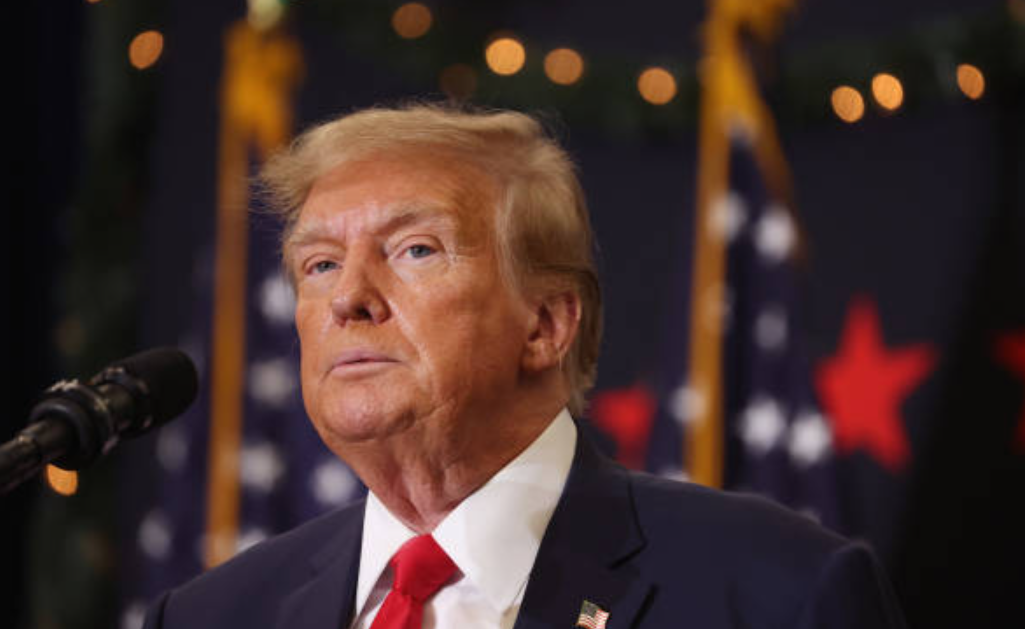Former President Donald Trump has made plans to participate in the upcoming presidential primary scheduled for March 5 in California.
This move has caused controversy among officials, who have called for his disqualification because he may have participated in the Jan. 6 uprising.
Secretary of State Shirley N. Weber, overseeing the state’s elections, finalized the certified list of candidates, including Trump, for distribution to county election officials.
This move follows requests from some officials, notably Lt. Gov. Eleni Kounalakis, urging Weber to bar Trump from the ballot. However, Weber’s office has taken a different stance, citing complexities in the legalities of disqualification.
Although California remains resolute in its decision, other states have chosen different directions or diverging courses of action.
Maine’s secretary of state excluded Trump from their primary ballot, invoking the 14th Amendment, which prohibits those involved in insurrection from holding office. Similarly, the Colorado Supreme Court ruled 4-3 to disqualify Trump, a decision currently under appeal to the US Supreme Court.
California’s Key Primary and Trump’s Poll Lead

California’s primary holds significant weight, boasting 169 GOP delegates, the largest count among all states. Recent polls reveal Trump maintaining a substantial lead, with a UC Berkeley Institute of Governmental Studies survey showing support from 57% of likely Republican voters.
Disqualification efforts have met opposition from various quarters. Governor Gavin Newsom emphasized the electoral process as the means to challenge candidates rather than pursuing disqualification, labeling other actions as political distractions.
Secretary Weber, in response to Kounalakis’s plea invoking the 14th Amendment, highlighted the complexity of the issue, emphasizing ongoing legal entanglements surrounding Trump’s appearance on the ballot.
The inclusion of Trump on California’s primary ballot sets the stage for a contentious electoral process, underscoring the complexity of legal interpretations and the stark divisions surrounding the former president’s eligibility to participate in political proceedings amidst lingering concerns over the Jan. 6 events.


Comments are closed.